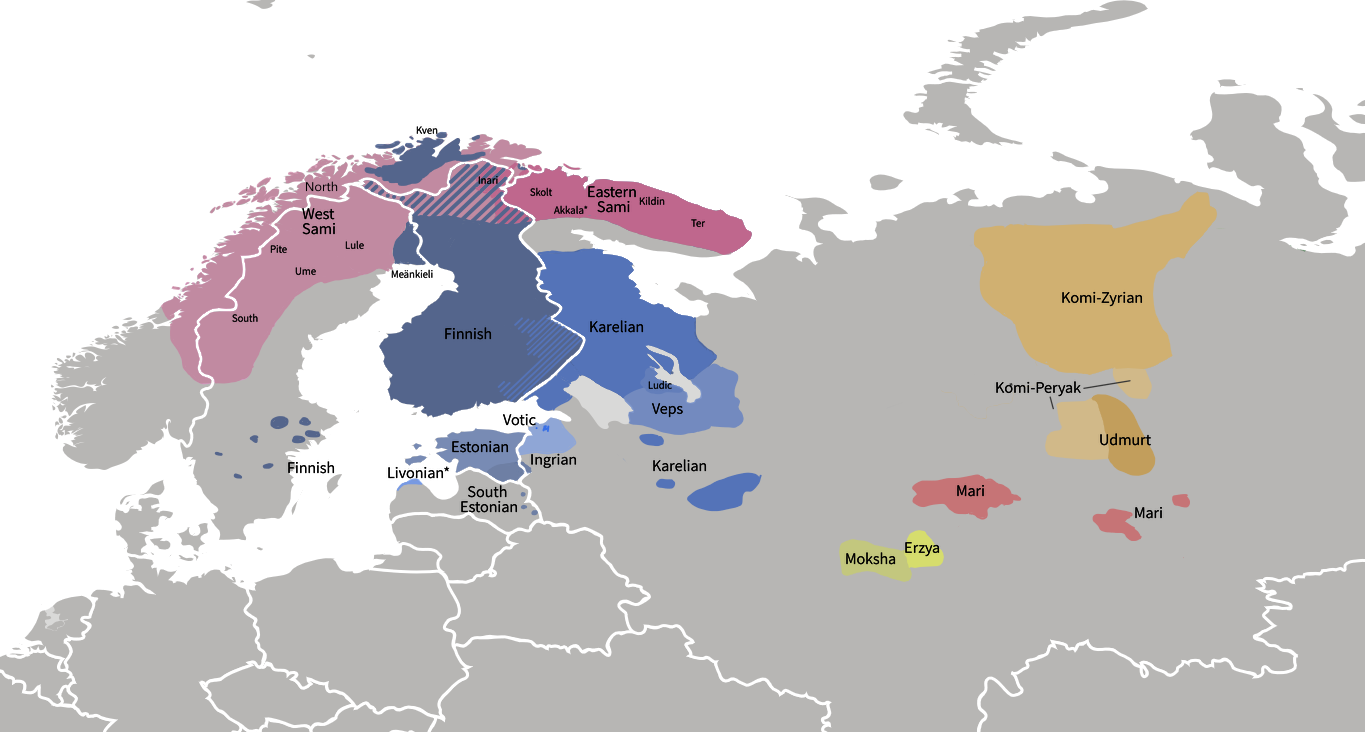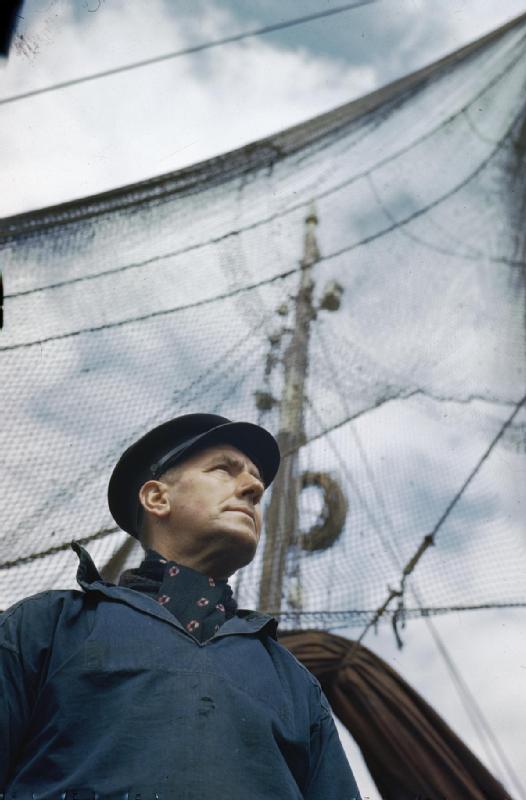|
Ved-ava
Ved-ava is a water deity, common to several Finnic peoples traditionally dependent on fishing. She is also sometimes associated with fertility. She is generally depicted as a water creature resembling a mermaid, with long hair, large breasts, and the lower body of a fish complete with tail, and is sometimes said to play or sing, seducing humans with her music. Fishermen sacrificed to her the first of their catch and observed numerous taboos related to her while fishing. Seeing Ved-ava boded ill, most often drowning. She has been regarded as the spirit of a drowned person or simply as a personification of the water itself. Among the Mordvins (an area in what is now Western Russia) she was the Water Mother, ruler of the waters and their bounty; she is known as Vete-ema among the Estonian people, Estonians and Veen emo among the Finnish people, Finns. References "Ved-ava." ''Britannica Concise Encyclopedia from Encyclopædia Britannica''. Accessed May 13, 2006."Ved-ava." ''Encycl ... [...More Info...] [...Related Items...] OR: [Wikipedia] [Google] [Baidu] |
Finnic Peoples
The Finnic or Fennic peoples, sometimes simply called Finns, are the nations who speak languages traditionally classified in the Finnic (now commonly '' Finno-Permic'') language family, and which are thought to have originated in the region of the Volga River. The largest Finnic peoples by population are the Finns (or more precisely the Suomi, 6 million), the Estonians (1 million), the Mordvins (800,000), the Mari (570,000), the Udmurts (550,000), the Komis (330,000) and the Sami (100,000). The scope of the name "Finn" and "Finnic" varies by country. Today, Finnish and Estonian scholars restrict the term "Finnic" to the Baltic Finns, who include the Western Finns of Finland and their closest relatives but not the Sami. In Russia, however, where the Eastern Finns live, the word continues to be used in the broad sense, and sometimes implies the Volga Finns who have their own national republics. Three groups of people are covered by the names "Finn" and "Finnic" in the broad ... [...More Info...] [...Related Items...] OR: [Wikipedia] [Google] [Baidu] |
Fertility
Fertility is the capability to produce offspring through reproduction following the onset of sexual maturity. The fertility rate is the average number of children born by a female during her lifetime and is quantified demographically. Fertility is addressed when there is a difficulty or an inability to reproduce naturally, which is referred to as infertility. Infertility is widespread, with fertility specialists available all over the world to assist mothers and couples who experience difficulties having a baby. Human fertility depends on factors of nutrition, sexual behaviour, consanguinity, culture, instinct, endocrinology, timing, economics, personality, way of life, and emotions. Fertility differs from fecundity, which is defined as the ''potential'' for reproduction (influenced by gamete production, fertilization and carrying a pregnancy to term). Where a woman or the lack of fertility is infertility while a lack of fecundity would be called sterility. Demog ... [...More Info...] [...Related Items...] OR: [Wikipedia] [Google] [Baidu] |
Mermaid
In folklore, a mermaid is an aquatic creature with the head and upper body of a female human and the tail of a fish. Mermaids appear in the folklore of many cultures worldwide, including Europe, Asia, and Africa. Mermaids are sometimes associated with perilous events such as floods, storms, shipwrecks, and drownings. In other folk traditions (or sometimes within the same traditions), they can be benevolent or beneficent, bestowing boons or falling in love with humans. The male equivalent of the mermaid is the merman, also a familiar figure in folklore and heraldry. Although traditions about and sightings of mermen are less common than those of mermaids, they are generally assumed to co-exist with their female counterparts. The male and the female collectively are sometimes referred to as merfolk or merpeople. The Western concept of mermaids as beautiful, seductive singers may have been influenced by the Sirens of Greek mythology, which were originally half-birdlike, b ... [...More Info...] [...Related Items...] OR: [Wikipedia] [Google] [Baidu] |
Fishermen
A fisher or fisherman is someone who captures fish and other animals from a body of water, or gathers shellfish. Worldwide, there are about 38 million commercial and subsistence fishers and fish farmers. Fishers may be professional or recreational. Fishing has existed as a means of obtaining food since the Mesolithic period.Profile for the USA * inadequate preparation for emergencies * poor vessel maintenance and inadequate safety equipment * lack of awareness of or ignoring stability issues. Many fishers, while accepting that fishing is dangerous, staunchly defend their independence. Many proposed laws and additional regulation to increase safety have been defeated because fishers oppose them. Alaska's commercial fishers work in one of the world's harshest environments. Many of the hardships they endure include isolated fishing grounds, high winds, seasonal darkness, very cold water, icing, and short fishing seasons, where very long work days are the norm. Fatigue, physical st ... [...More Info...] [...Related Items...] OR: [Wikipedia] [Google] [Baidu] |
Mordvins
The Mordvins (also Unified Mordvin people, Mordvinians, Mordovians; russian: мордва, Mordva, Mordvins (no equivalents in Moksha and Erzya)) is an obsolete but official term used in the Russian Federation to refer both to Erzyas and Mokshas since 1928 until the 2010s. Origin of the term According to recent Oxford studies: Erzya-Moksha Autonomy The Erzya-Moksha Autonomy was approved in 1928 as Mordvin Okrug according to personal position of Josef Stalin, who attended the meeting. Deputy president of Supreme Court of Mordovia Vasily Martyshkin quotes Stalin and Timofey Vasilyev. Since Mokshas and Erzyas lived sparcely in many governorates Stalin believed it was impossible to establish many autonomous districts. And that was Mikifor Surdin, ethnic Moksha who proposed to establish not Erzya-Moksha autonomy, but a Mordvin okrug. Stalin liked his variant. That is what he has been being cursed till now in spite of the fact he was executed during the Great Purge. Th ... [...More Info...] [...Related Items...] OR: [Wikipedia] [Google] [Baidu] |
Russia
Russia (, , ), or the Russian Federation, is a transcontinental country spanning Eastern Europe and Northern Asia. It is the largest country in the world, with its internationally recognised territory covering , and encompassing one-eighth of Earth's inhabitable landmass. Russia extends across eleven time zones and shares land boundaries with fourteen countries, more than any other country but China. It is the world's ninth-most populous country and Europe's most populous country, with a population of 146 million people. The country's capital and largest city is Moscow, the largest city entirely within Europe. Saint Petersburg is Russia's cultural centre and second-largest city. Other major urban areas include Novosibirsk, Yekaterinburg, Nizhny Novgorod, and Kazan. The East Slavs emerged as a recognisable group in Europe between the 3rd and 8th centuries CE. Kievan Rus' arose as a state in the 9th century, and in 988, it adopted Orthodox Christianity from ... [...More Info...] [...Related Items...] OR: [Wikipedia] [Google] [Baidu] |
Estonian People
Estonians or Estonian people ( et, eestlased) are a Finnic ethnic group native to Estonia who speak the Estonian language. The Estonian language is spoken as the first language by the vast majority of Estonians; it is closely related to other Finnic languages, e.g. Finnish, Karelian and Livonian. The Finnic languages are a subgroup of the larger Uralic family of languages, which also includes, e.g., the Sami languages. These languages are markedly different from most other native languages spoken in Europe, most of which have been assigned to Indo-European family of languages. Estonians can also be classified into subgroups according to dialects (e.g., Võros, Setos), although such divisions have become less pronounced due to internal migration and rapid urbanisation in Estonia in the 20th century. There are approximately 1.1 million ethnic Estonians and their descendants with some degree of Estonian identity worldwide; the large majority of them are living in ... [...More Info...] [...Related Items...] OR: [Wikipedia] [Google] [Baidu] |
Finnish People
Finns or Finnish people ( fi, suomalaiset, ) are a Baltic Finnic ethnic group native to Finland. Finns are traditionally divided into smaller regional groups that span several countries adjacent to Finland, both those who are native to these countries as well as those who have resettled. Some of these may be classified as separate ethnic groups, rather than subgroups of Finns. These include the Kvens and Forest Finns in Norway, the Tornedalians in Sweden, and the Ingrian Finns in Russia. Finnish, the language spoken by Finns, is closely related to other Balto-Finnic languages, e.g. Estonian and Karelian. The Finnic languages are a subgroup of the larger Uralic family of languages, which also includes Hungarian. These languages are markedly different from most other languages spoken in Europe, which belong to the Indo-European family of languages. Native Finns can also be divided according to dialect into subgroups sometimes called ''heimo'' (lit. ''tribe''), although su ... [...More Info...] [...Related Items...] OR: [Wikipedia] [Google] [Baidu] |
Finnish Goddesses
Finnish may refer to: * Something or someone from, or related to Finland * Culture of Finland * Finnish people or Finns, the primary ethnic group in Finland * Finnish language, the national language of the Finnish people * Finnish cuisine See also * Finish (other) * Finland (other) * Suomi (other) Suomi means ''Finland'' in Finnish. It may also refer to: *Finnish language *Suomi (surname) *Suomi, Minnesota, an unincorporated community *Suomi College, in Hancock, Michigan, now referred to as Finlandia University *Suomi Island, Western Aust ... * {{disambiguation Language and nationality disambiguation pages ... [...More Info...] [...Related Items...] OR: [Wikipedia] [Google] [Baidu] |
Sea And River Goddesses
The sea, connected as the world ocean or simply the ocean, is the body of salty water that covers approximately 71% of the Earth's surface. The word sea is also used to denote second-order sections of the sea, such as the Mediterranean Sea, as well as certain large, entirely landlocked, saltwater lakes, such as the Caspian Sea. The sea moderates Earth's climate and has important roles in the water, carbon, and nitrogen cycles. Humans harnessing and studying the sea have been recorded since ancient times, and evidenced well into prehistory, while its modern scientific study is called oceanography. The most abundant solid dissolved in seawater is sodium chloride. The water also contains salts of magnesium, calcium, potassium, and mercury, amongst many other elements, some in minute concentrations. Salinity varies widely, being lower near the surface and the mouths of large rivers and higher in the depths of the ocean; however, the relative proportions of dissolved ... [...More Info...] [...Related Items...] OR: [Wikipedia] [Google] [Baidu] |





